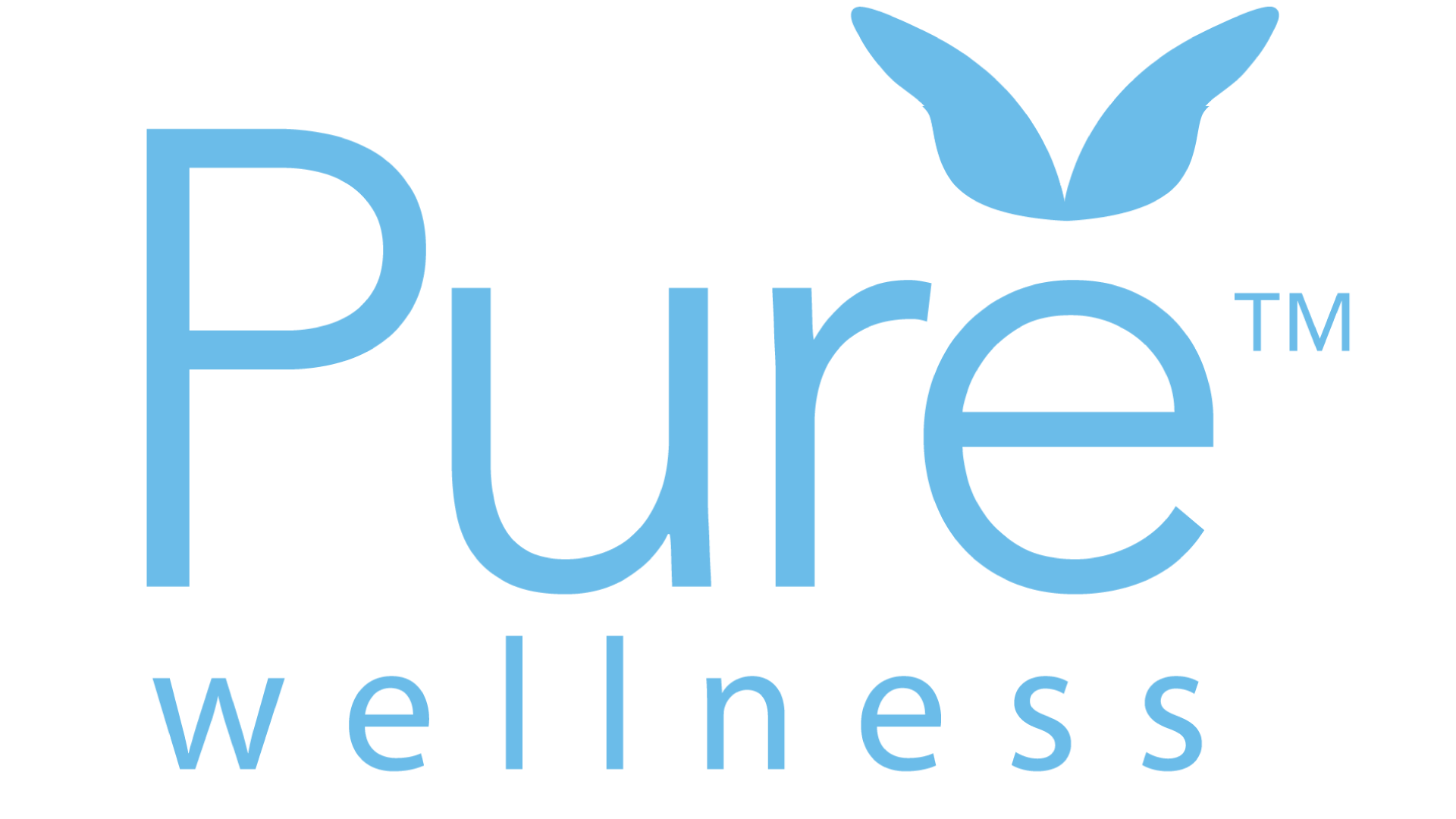Not getting enough sleep is nothing to brag about. It’s estimated that 35% of Americans aren’t getting the recommended 7+ hours of sleep each night, which can lead to a variety of health problems. Insufficient or inadequate sleep causes serious concerns such as high blood pressure, anxiety, reduced concentration and a weakened immune system.
The Better Sleep Council is sponsoring Better Sleep Month in May to help raise awareness about the benefits and the need for consistent, high-quality sleep. If you’re concerned about the amount or quality of your sleep, try these tips to feel better, have more energy and be your best every day!
1. Get more sunlight. Sleep works through a biological sleep/wake cycle called the circadian rhythm. Exposure to the daytime sun will help set your body’s circadian rhythm so you’ll be ready for sleep in the evening.
2. Exercise during the day. Regular physical activity also helps your body maintain a healthy sleep/wake cycle. Just don’t exercise too late in the evening or you may find yourself restless.
3. Avoid naps. While naps may seem like a good way to get additional rest, they actually disrupt your sleep cycle and can make it more difficult to fall asleep later.
4. Reduce caffeine and alcohol. These mood-enhancing substances alter your natural sense of energy and fatigue, so you’ll want to eliminate them from your diet, especially in the afternoon and evening.
5. Improve your sleep environment. Your bedroom should be a quiet and relaxing space that you only use for sleep and sex. Get a comfy mattress and pillows, reduce noise and other distractions and set the temperature to a cool 65-68 degrees.
6. Establish a sleep routine. Signal your body that it’s time for sleep by lowering lights and eliminating screen time an hour before bed. Other ideas include a warm bath or shower, reading or listening to music, performing simple tasks to prepare for the day ahead, and stretching or breathing exercises.
7. Limit liquids in the evening. A full bladder makes it more likely that you’ll wake up in the middle of the night. Stay hydrated throughout the day, then avoid drinking anything 2 hours before bed.
8. Choose a sleep-friendly late-night snack. Eating can make it more difficult for some people to fall asleep but if you want a snack, look for foods high in whole grains or protein. A bowl of cereal or yogurt is a great choice.
9. Consider natural supplements. If you’re thinking about trying something to help you fall asleep, choose organic, non-habit-forming remedies such as melatonin, valerian root or lavender.
10. Talk with your doctor. Millions of Americans suffer from sleep disorders that require medical treatment. If sleep is a consistent or on-going problem for you, a medical professional can diagnose the problem and recommend the best way to address it.
When you take the time to focus on getting the right amount of high-quality sleep, you’ll find that you may sleep so good you’ll need special wake up tunes. Enjoy your morning routine by getting up earlier, sitting down to a good breakfast and humming along to the perfect wake-up playlist.
Kevin Arnold
Kevin Arnold writes about health, wellness and travel. For more tips and information, check out all of his posts at www.pureroom.com/blog.

Submit a comment